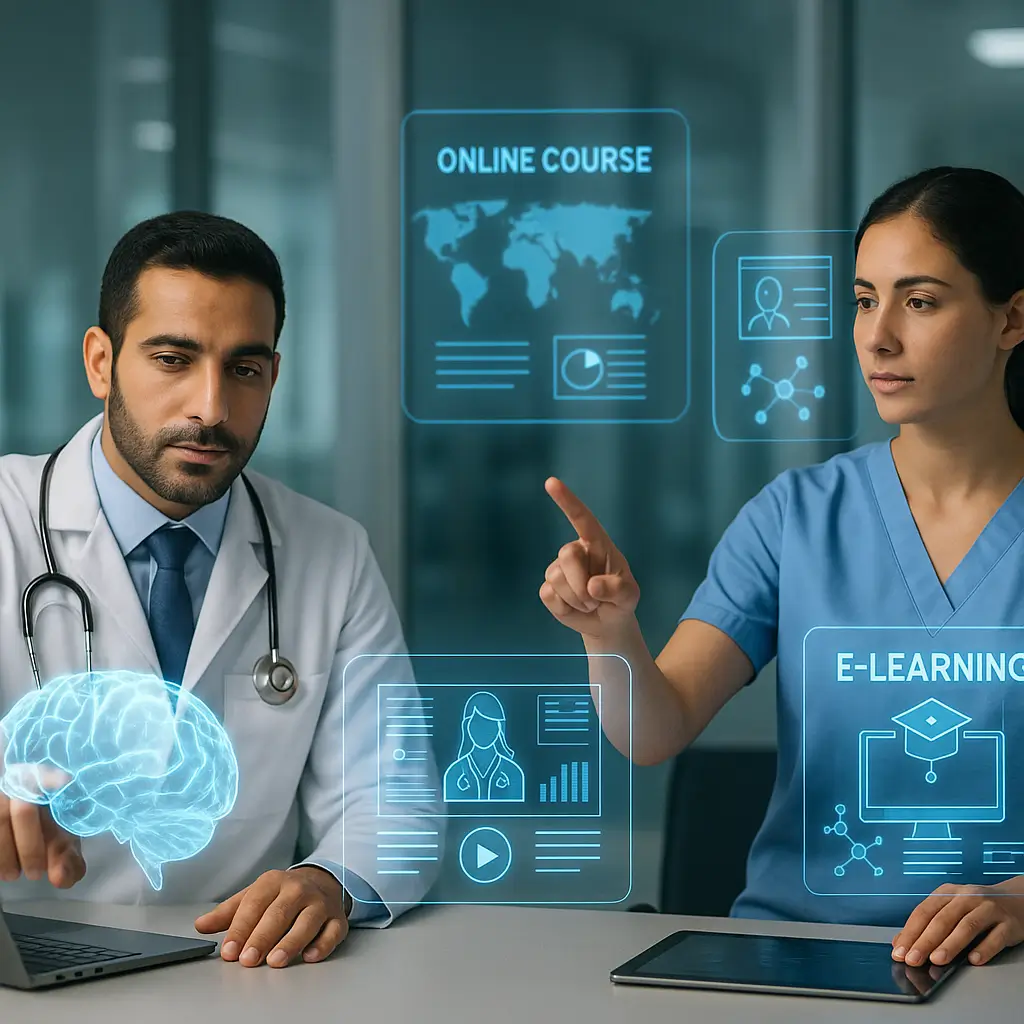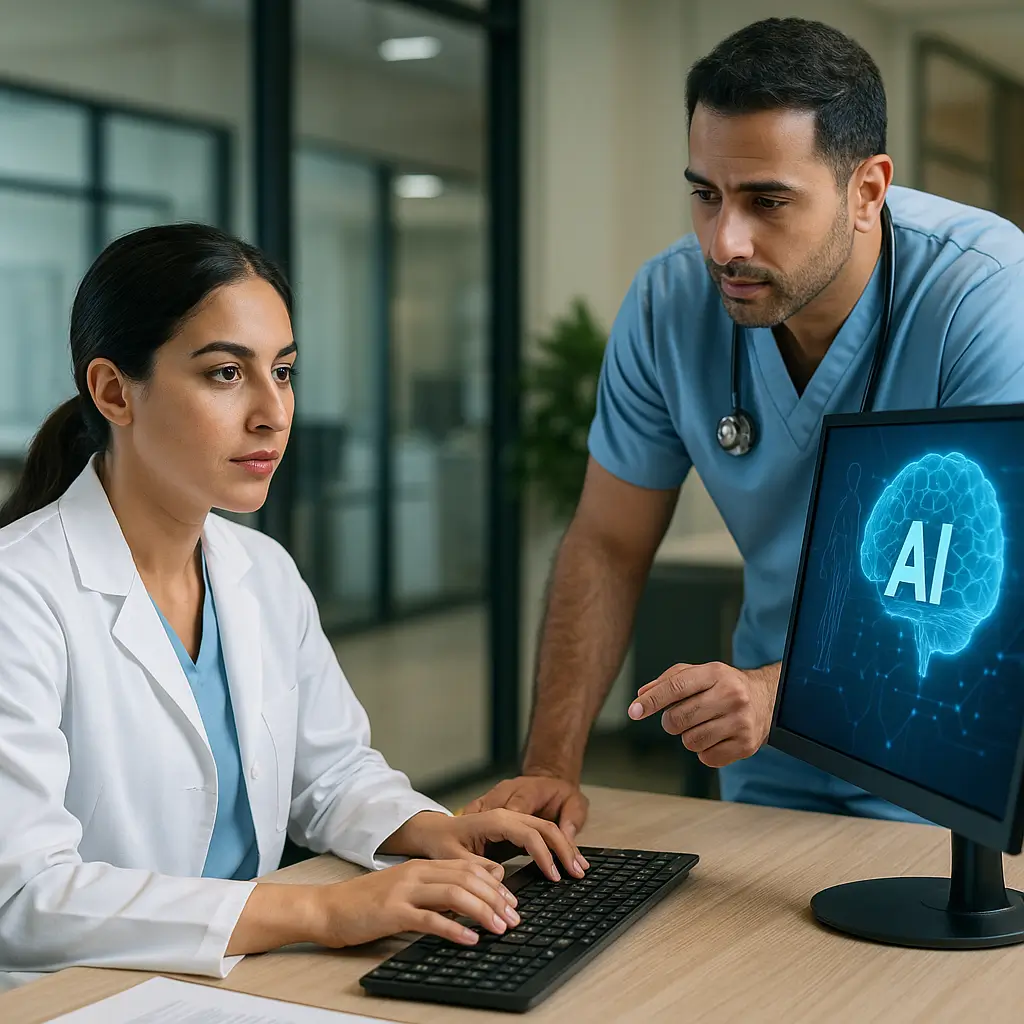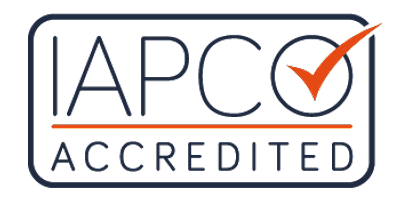Back to Blog
Medical Education
Featured
Gamification in Medical Education: Engaging Learning Experiences
Integrating game mechanics into medical education to boost engagement, motivation, and knowledge retention among healthcare professionals.

Gamification in Medical Education: Engaging Learning Experiences
Innovative approaches to medical education that leverage game design principles to increase engagement, improve knowledge retention, and create more effective learning experiences for healthcare professionals.
The Science of Engagement in Medical Learning
Healthcare education faces the challenge of making complex, sometimes dry medical content engaging enough to capture and maintain the attention of busy professionals. Gamification applies proven psychological principles from game design to educational contexts, creating learning experiences that are both effective and enjoyable.
The most successful gamified medical education programs understand that the goal isn't to make learning feel like playing games, but rather to harness the motivational elements that make games compelling—clear objectives, immediate feedback, progressive challenges, and meaningful rewards.
Designing Effective Educational Game Mechanics
Effective gamification in medical education goes far beyond adding points and badges to existing content. It requires thoughtful integration of game design principles with sound educational methodology to create experiences that genuinely enhance learning outcomes.
Progressive disclosure helps learners master foundational concepts before advancing to more complex material, while achievement systems provide motivation and recognition for learning milestones. Collaborative elements encourage peer learning and knowledge sharing, creating communities of practice around educational content.
Implementing Technology-Enhanced Learning Experiences
Modern educational platforms offer sophisticated tools for creating engaging, interactive learning experiences that adapt to individual learner needs and preferences. Virtual patient simulations, case-based challenges, and collaborative problem-solving scenarios create immersive learning environments.
The key is selecting technologies that enhance rather than complicate the learning experience. The most effective platforms feel intuitive and natural to healthcare professionals, allowing them to focus on content mastery rather than navigation challenges.
Measuring Engagement and Learning Outcomes
Gamified medical education provides unprecedented opportunities to measure both engagement and learning effectiveness through detailed analytics on user behavior, content interaction, and knowledge retention. These insights enable continuous optimization of educational content and delivery methods.
Success metrics should balance engagement indicators with concrete learning outcomes and real-world application. The most meaningful measures demonstrate that gamified learning translates into improved clinical knowledge and patient care capabilities.
Sustaining Long-Term Engagement and Professional Development
The ultimate test of gamified medical education is its ability to support ongoing professional development and career advancement. Successful programs create pathways for continuous learning that evolve with participants' growing expertise and changing professional needs.
Integration with professional credentialing requirements ensures that gamified learning contributes directly to license maintenance and specialty certification. This alignment makes educational investment more meaningful and sustainable for busy healthcare professionals.
"Gamification in medical education succeeds when it makes learning more engaging without sacrificing rigor, creating experiences that healthcare professionals genuinely enjoy while developing the knowledge and skills that improve patient care."
The future of medical education lies in approaches that respect both the complexity of medical knowledge and the humanity of learners, creating engaging experiences that support lifelong professional development and improved patient outcomes.



.webp)





.jpg)